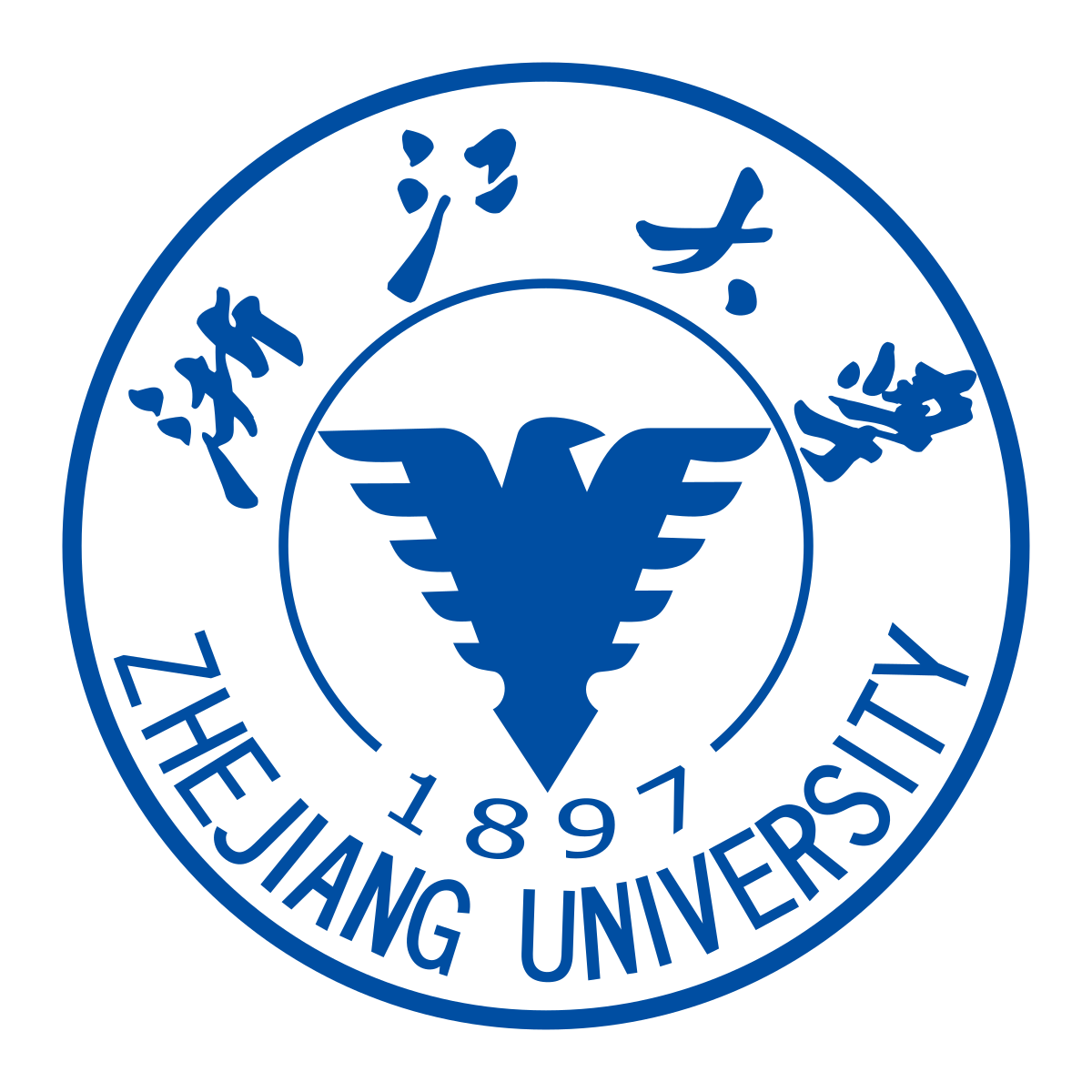Zhejiang University: Transgenic maize ‘Ruifeng 125’ is remarkably resistant to corn borers
Maize is one of the world’s top three staple foods and the most important forage crop. China has a planting acreage of approximately 600 million mu (equal to 40 million hectares), ranking first in the world. On January 21, 2020, China’s Ministry of Agriculture and Rural Affairs granted Safety Certificates of Agricultural GMO for 192 plant varieties.
Ruifeng 125, an insect-resistant transgenic maize developed by Prof. SHEN Zhicheng’s team at the Zhejiang University, College of Agriculture & Biotechnology, is one of the two maize varieties on the list. It is the first time that China has issued safety certificates to domestically produced GM crops in the staple food sector since 2010.
“Pest invasion and weed competition are central to the maize field management. It is extremely hard for conventional methods to provide a relatively sound solution,” Prof. Shen said, “The corn borer, a major corn pest, not only bores the corn stalk, but also gnaws on leaves and kernels. The kernels bitten by corn borers are susceptible to microbe infestation which may produce mycotoxins, such as aflatoxins, thereby affecting the quality and quantity of corn.”
“Pesticides can hardly curb the savage encroachment of corn borers,” said Prof. Shen. “Many weeds may grow on crop land. Spraying herbicides is a low-cost but high-efficiency way to kill them. Glyphosate is a very efficient herbicide, but it cannot be applied to the traditional maize crop, for the crop will also be decimated.”
Insect resistance and herbicide tolerance have posed a long-standing challenge in the breeding community. Transgenic technologies utilizing resistance genes from other organisms such as mcriobe have become one of the most important pathways to improve maize varieties.
“Transgenic technology is no easy task. You need expertise and hard work, and also it takes long time”. To find a superior gene was like to find a needle in a haystack, and countless microorganisms were tested in their screening pool.
Their efforts paid off eventually. In 2007, SHEN’s team discovered an insect-resistant gene in microorganisms. Two years later, they discovered a glyphosate-resistant gene from ancient radiation-resistant bacteria. In the same year, the first generation of GM maize was created. In 2020, it was granted the safety certificate for GM crops.
“Ruifeng 125 is independently developed by Zhejiang University. It can produce an efficient insecticidal protein to kill such lepidopteran insects as corn borers and cotton bollworms. The effect of corn borer control reached as high as 96%. Meanwhile it can also reduce the number of damaged kernels which are prone to toxin-producing microbes.
Experiments have shown that Ruifeng 125 can improve corn yield by 6%-10% compared to non-transgenic corn. “This number may not seem impressive, but the average yield per mu can rise by over 50 kilograms. With 600 million mu nationwide, the increased yield will add up to 30 billion kilograms.”
However, just like the resistance to antibiotics, insects would also likely evolve to gain resistance to transgenic corns. Therefore, SHEN’s team are working on the development of the next generation of GMO corn. “For the second generation, we expanded one insect-resistant gene to two or more genes, thereby making it hard for insects to gain resistance. The third generation is now being tested.”
There were also questions about whether Ruifeng 125 will be harmful to human beings as it is lethal to pests.
“The insect resistance of transgenic plants primarily come from the Bt protein originated from microorganisms. This type of protein will be completely degraded to small peptides and amino acids in human digestive system when ingested. So it won’t be toxic to the human at all,” Prof. Shen explained. “This toxin is only active against some insects, not all insects, let alone human. Bt toxins used in GMO corn is harmless to such beneficial insects as bees and ladybugs.”
“We need to find effective insecticidal genes from the environment. For example, most insecticidal genes are discovered from soil microbes.” To this end, Prof. Shen’s team made every endeavor to screen microbial resources from soil.
Filed trials for multiple years at multiple sites is essential for ensuring the safety and quality of transgenic maize varieties. “We have carried out field experiments for over five years before we obtained the certificate in January, 2020,” said Prof. Shen.
Since Prof. Shen returned to China and joined Zhejiang University in 2004, he has engaged in the research and development of transgenic maize materials for 17 years. The commitment to GMO corn research, he believes, is the team’s most valued competitive advantage. So far, Prof. Shen’s team has obtained 15 patents, which provides strong base for transgenic corn development.
Cooperation with enterprises is a vital bridge from GMO research at the university to commercialization. “Integration between biotechnology and conventional breeding is a crucial avenue for transforming research and development into competitive products.”

